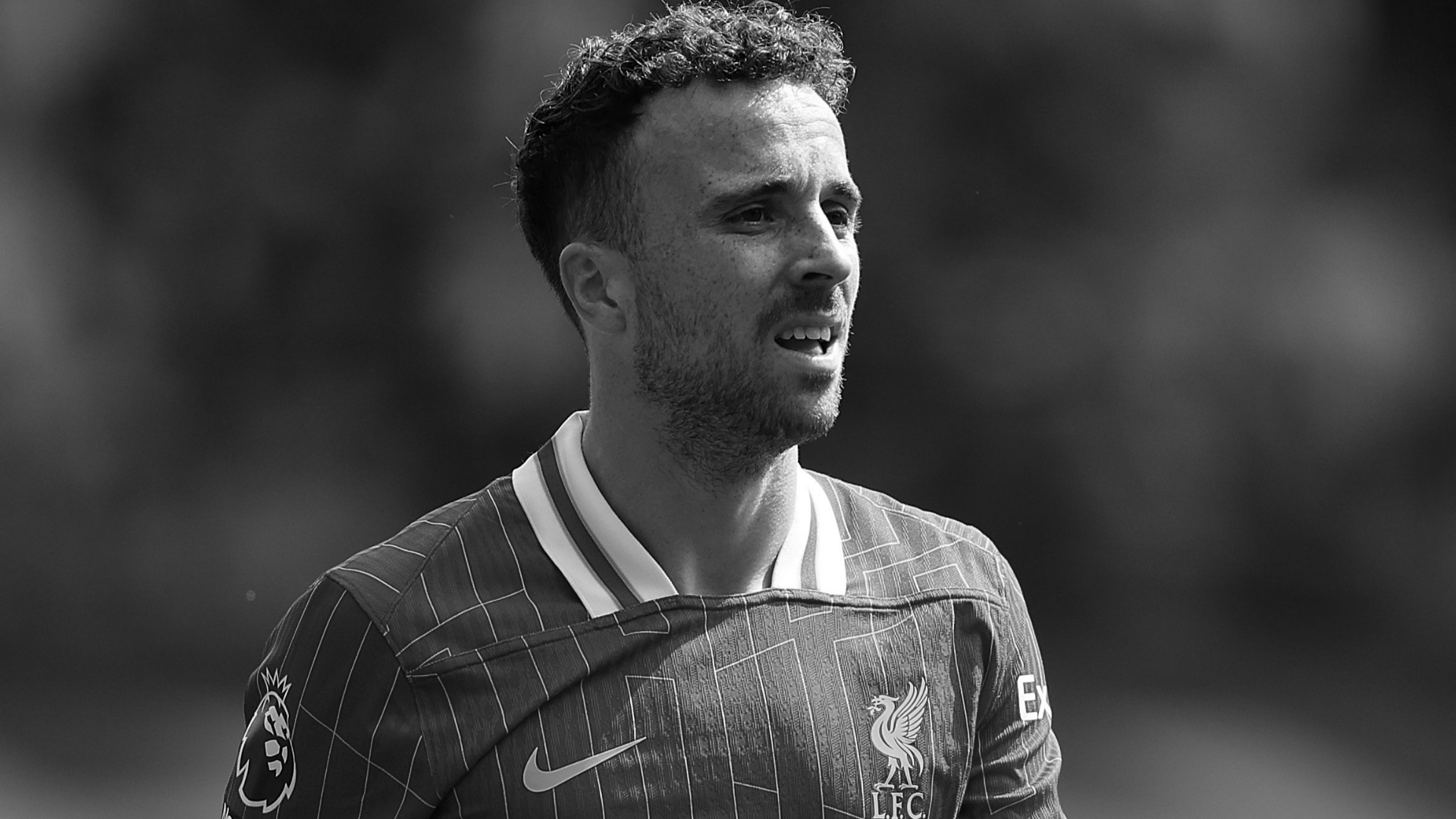Diogo Jota accident: Liverpool star dies in Spanish crash
Diogo Jota accident investigators have pieced together the heartbreaking final journey that cost the Liverpool forward and his brother Andre Silva their lives during the early hours of 3 July 2025. The pair were driving a rented Lamborghini across northern Spain, determined to board the Santander–Portsmouth ferry after doctors advised the Reds attacker to avoid air travel following recent lung surgery.
How the Diogo Jota accident unfolded on Spain’s A-66
Eyewitness reports confirm that the Diogo Jota accident occurred just after midnight near the municipality of Montamarta in Zamora province. A sudden tyre blow-out sent the super-car skidding off the tarmac, spinning through a roadside barrier and erupting in flames before emergency services could arrive. Despite the rapid response of Guardia Civil traffic units and local firefighters, both brothers were pronounced dead at the scene.
Why the forward chose a marathon road trip over a 90-minute flight
Medical specialists in Portugal had performed minor but delicate lung surgery on Jota barely two weeks earlier. Post-operative advice warned the striker that cabin pressure changes might hamper his recovery, so he opted for the 850-kilometre drive to Santander, followed by a 24-hour ferry ride to southern England. Those close to the player say he routinely selected road routes whenever respiratory discomfort flared up, making the ferry a familiar alternative to short-haul flights.
Family celebration turned to tragedy
The accident arrived scarcely 11 days after Jota married childhood sweetheart Rute Cardoso in a Porto ceremony attended by Luís Díaz, Bernardo Silva and dozens of Liga Portugal icons. The newlyweds were preparing to relocate to Merseyside with their three young children once pre-season began on 7 July. Tributes from teammates, rivals and supporters have flooded social media, with Anfield’s Shankly Gates now draped in Portuguese flags and floral scarves.
Medical background: lung surgery and travel precautions
Journalists covering the Diogo Jota accident repeatedly highlight the significance of his pulmonary procedure. Although details remain private, sources at Centro Hospitalar do Porto confirm the forward suffered from recurring pneumothorax episodes—a condition that can cause partial lung collapse. Commercial flights subject passengers to lower cabin pressure than ground level, increasing the risk of discomfort or re-injury for anyone recovering from thoracic surgery. Road and sea travel, while slower, were deemed far safer.
The route through Zamora explained
Setting off from Porto on the A24, the brothers crossed the northern border at Vilar Formoso, merging onto Spain’s A-62 before turning north-east on the A-66 toward Zamora. This motorway, sparsely lit at night, is popular with Portuguese holidaymakers seeking ferries at Santander or Bilbao. Investigators believe a fragment of roadside debris could have ruptured the Lamborghini’s rear tyre, triggering the deadly chain of events.
Emotional tributes pour in across football
Liverpool captain Virgil van Dijk described the Diogo Jota accident as “a devastating blow to everyone who loved him on and off the pitch.” Premier League rivals also offered condolences: Arsenal’s Bukayo Saka called Jota “one of the fiercest competitors and kindest people I ever faced,” while Manchester City manager Pep Guardiola led a minute’s silence during training. Portugal’s president Marcelo Rebelo de Sousa sent official sympathies to the families, labeling the winger “a modern symbol of national pride.”
Club and country without a key weapon
Liverpool had counted on Jota to spearhead their revamped front line under Arne Slot. His ten league goals last term, despite injury interruptions, proved decisive in a late title push. National coach Roberto Martínez, meanwhile, loses a versatile attacker ahead of 2026 World Cup qualifiers. Both squads will arrange commemorative fixtures, with jersey number 20 expected to be retired at Anfield.
Legal and safety repercussions
The Diogo Jota accident has reignited debate over the safety of high-performance vehicles on public roads. Spanish transport unions demand stricter regulations on super-car tyres, while Portugal’s Ministry of Internal Administration is reviewing cross-border emergency protocols. Insurance representatives note that blow-outs at motorway speeds account for 12 % of fatal single-vehicle crashes in Iberia.
Support for the bereaved families
Liverpool FC have opened a trust fund for Jota’s children, matching public donations pound for pound. The Portuguese Players’ Union (SJPF) will cover funeral expenses for Andre Silva and liaise with local authorities to repatriate both bodies. Psychological counselling has been made available to club staff, academy prospects and match-day employees.
Opinion: a preventable loss?
The Diogo Jota accident underscores how health advice, travel logistics and personal preferences can collide with tragic consequences. While the decision to avoid flying was medically sound, questions remain over tyre maintenance, speed and driving at night after recent surgery. Elite clubs routinely charter private flights equipped with pressurisation systems adjustable for medical needs; perhaps a bespoke solution could have averted this heartbreaking outcome.
Ultimately, football has lost not only a proven match-winner but also a devoted husband, father and brother. As tributes continue, the sport must translate grief into action—demanding better road safety awareness for players and ensuring that medical guidance comes with practical, fully risk-assessed travel plans.
Your global gateway to nonstop football coverage:
Goal Sports News
Share this content:
